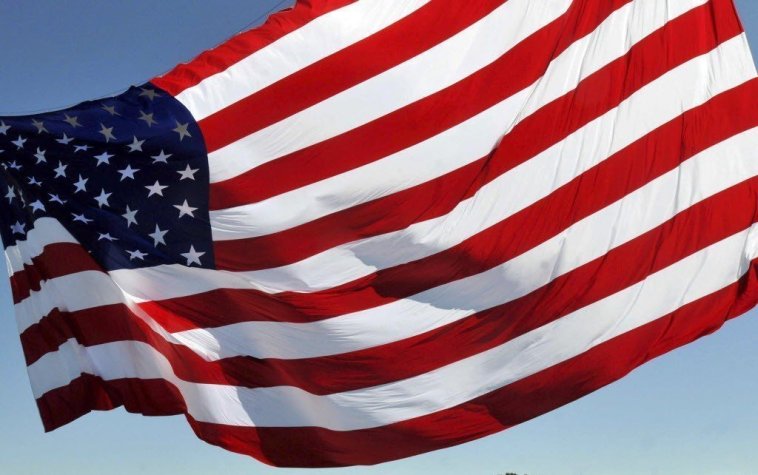The 2013 annual Economic Freedom of the World Index by the Frasier Institute is out and once again the United States has little to brag about.
Videos By Rare
That’s because — for a nation that boasts in the ideals freedom and liberty — the U.S. ranks 17th on the list of most economically free countries in the world, behind countries like Estonia, Denmark and Chile.
Though the U.S. gained one position from last year’s rank, report co-author Joshua Hall sees little reason for optimism.
“If this continues, it does not bode well for our future economic prosperity,” Hall, an Associate Professor of Economics at West Virginia University, told Rare in an interview.
At its height in 2000, the U.S. ranked second most economically free country in the world.
“From my perspective,” Hall said, “the thing to be concerned with is the long-term decline we’ve seen since 2000. I should put it another way — I don’t see a lot of optimism for the one place increase in the last year.”
The Fraser Institute takes into account 42 different factors to determine degree of economic freedom, based in five categories: size of government, legal system and property rights, sound money, freedom of trade internationally and regulation. The U.S. ranks poorly in all of these five areas but, compared to the rest of the world, Hall suggests it could be much worse.
“One of the things for me, measuring economic freedom in the world, is I realized how — in some ways — unfree most of the world is,” he said. “If we’re talking about Spain (which ranks 32[nd]) as being one of the most free countries in the world — or the Bahamas (39) or Lebanon (38), and those countries — and that’s the top 25 percent — than the rest [have] to be pretty bad.”
This year’s report touched on a growing issue among scholars — that is, how does one measure happiness and what role does economic freedom play in developing civil liberties and life satisfaction?
“Economic institutions are an outgrowth of political institutions and the choices that emanate from the political process,” says the report.
“Similarly, civil liberties influence the public discourse and thereby have an impact on both economic and political decision-making.”
But which comes first?
“[T]here’s been a lot of scholarly work that’s done on kind of the chicken-and-egg problem between economic and political liberties,” Hall explained, adding that the consensus seems to be that economic freedom comes first. Once people have economic freedom, they then want political rights.
This plays an important role in developing economies.
“There’s often a clamoring as countries are developing for both things,” Hall said. “Economic freedom tends to get you these other freedoms in that it gives you income that you’re willing to spend to lobby or agitate for change.”
Greater happiness can also be achieved through more economic freedom, the report argues.
“[B]oth economic freedom and political democracy exert an independent impact on life satisfaction over and above the impact of per-capita-income levels and other indicators of material well-being,” the report writes.
In other words, having the freedom to spend your time and money how you want is more important to your happiness than how much money you make.
“You know what people like is autonomy. Economic freedom is partly about autonomy,” Hall pointed out. “It’s also about the income you get from working or being your own boss. And so it’s not surprising that kind of happiness or life satisfaction goes hand in hand with more economic freedom.”
Betsi Fores is a Content Editor for Rare. Follow her on Twitter at @ejfores.
Related articles
- Are We Rome? Ben Powell Compares the U.S. with the Roman Empire (libertycrier.com)
- Economic freedom without actual freedom? (americanthinker.com)
- Economic Freedom Benefits the Poor the Most (mackinac.org)

